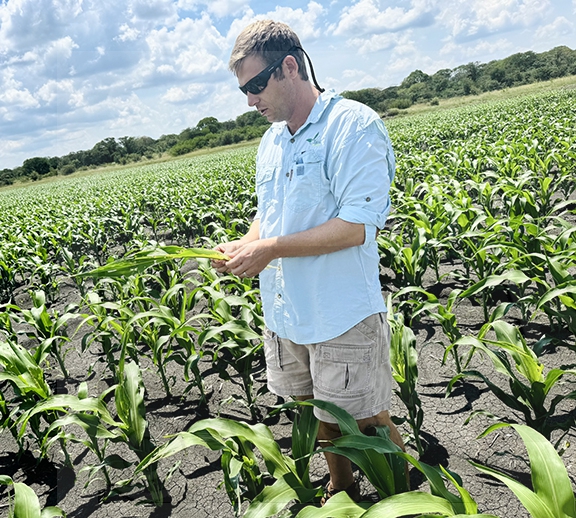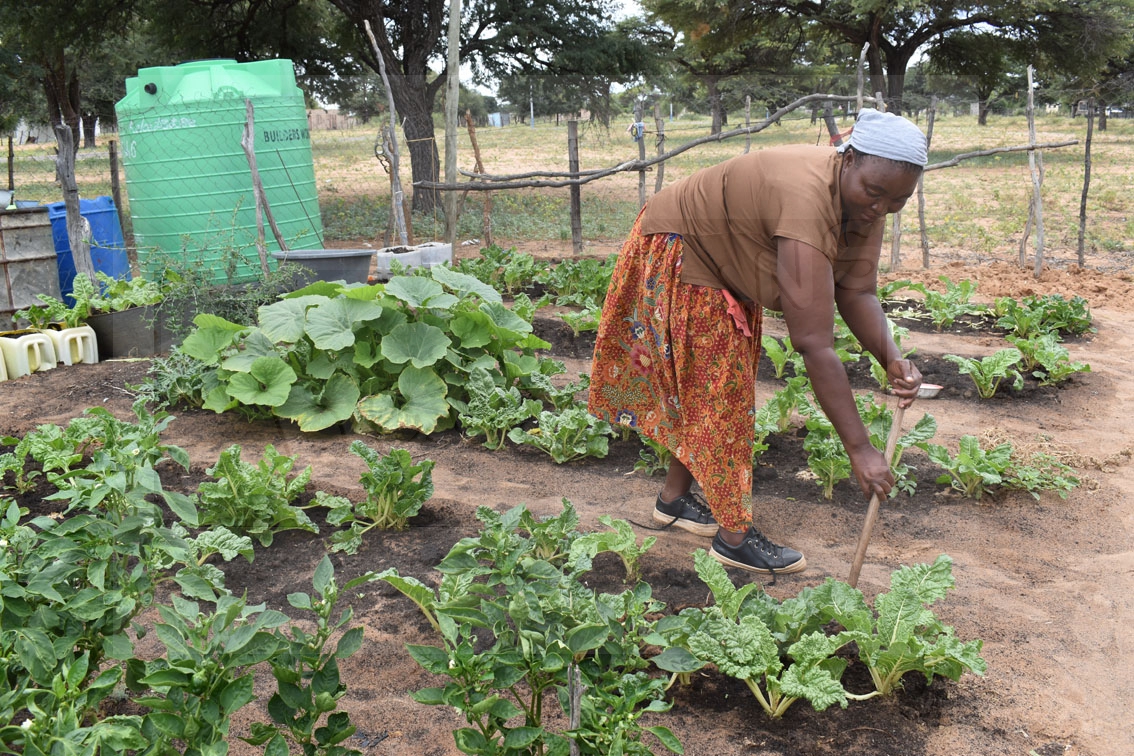Domestic revenue to rebuild fiscal buffers
20 Feb 2025
Government is committed to rebuild fiscal buffers and restore budget sustainability through enhanced mobilisation of domestic revenue sources such as the introduction of value added tax (VAT) on digital trade and 1.5 per cent increase for both the corporate tax and the last bracket of the personal income tax.
Bank of Botswana governor, Mr Cornelius Dekop made the remarks during the 2025 Monetary Policy statement launch on Wednesday.
He said Botswana's budget for the financial year 2024/25 was aimed to maintain fiscal consolidation towards long-term prosperity for Botswana but at the same time ensuring that all commitments made were meaningful, lasting and sustainable while managing both domestic and international challenges.
Regarding the financial outcome, Mr Dekop stated that the revised overall budget deficit for the 2024/25 financial year, as announced in the 2025/26 budget speech, was P24.7 billion which translated into nine per cent of the GDP and significantly up from the P9 billion or 3.2 per cent of the GDP in the original budget.
“The wider deficit than initially anticipated is largely driven by a substantial drop in mineral revenue, which has been revised downwards to P8.7 billion from the P25.2 billion in the original budget,” Mr Dekop said.
He said the total expenditure and net lending for the 2024/25 financial year has been revised downwards by 8.9 per cent to P93.4 billion, which is equivalent to 33.9 per cent of the GDP and slightly above the fiscal rule, limiting total expenditure to 30 per cent of the GDP.
Furthermore, Mr Dekop noted that credit developments and financial stability review illustrated that an annual growth in commercial bank credit decelerated to 6.5 percent in 2024, from 7.1 per cent in 2023. He said the slower growth in commercial bank credit was due to the lower increase in lending to both businesses and households. The annual expansion in credit to businesses decreased to 10 per cent in 2024, from the 11.4 per cent in 2023, noted the governor.
"The smaller growth in credit to the business sector was largely driven by lower demand for overdraft facilities and loan repayments, particularly in industries such as agriculture, real estate and tourism,” he said.
Meanwhile, Mr Dekop said credit to businesses excluding parastatals showed a notable increase, growing by 13.9 per cent in 2024, compared to just 5.2 per cent in 2023. As for households, Mr Dekop stated that annual credit growth decelerated to 4.6 per cent in 2024, from five per cent in 2023.
“This decline was primarily driven by reduced rate of increase in credit attributed to motor vehicles, credit cards and residential property from 13.3 per cent to 8.6 per cent, 2.4 per cent to negative 0.7 per cent and 8.2 per cent to one per cent, respectively, in the same period,” he said.
He nonetheless said there was an increase in the growth of unsecured personal loans from 3.3 per cent to six percent.
“As a result, the share of mortgages in total household credit decreased from 27.6 per cent to 26.7 per cent while the share of unsecured personal loans in total household credit increased slightly from 66.6 per cent to 67.5 per cent in the same period.”
In this context, BoB governor said there continues to be scope for prudent credit extension to enhance support for economic activity as credit developments are shown to pose limited risks to financial stability as supported by a negative credit-to-GDP gap. ENDS
Source : BOPA
Author : Thato Mosinyi
Location : GABORONE
Event : BoB monetary policy statement
Date : 20 Feb 2025





